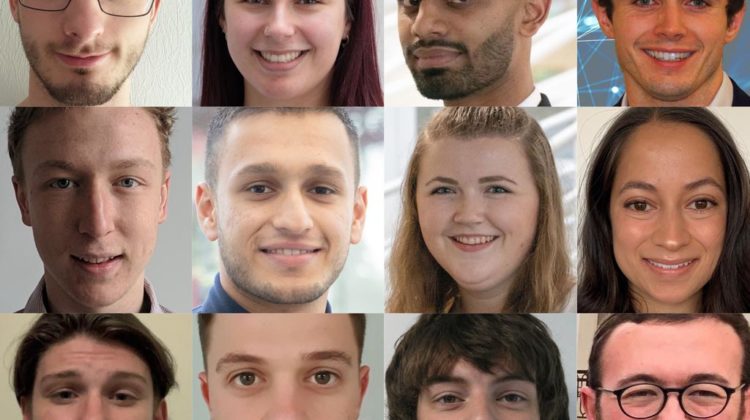
A group of young engineers at Siemens has collaborated in an innovative 48-hour virtual hackathon to accelerate and optimise the design of a future factory for Welsh hydrogen-car maker Riversimple.
The participants were split into three teams focused on three areas: the composite manufacturing process; assembly and end of line; and energy. They collaborated online to redesign the production facility’s layout for assembly, the levels of automation, number of production staff and shifts required for 24/7 production, and energy efficiency. Using Siemens’ PLM software Plant Simulation to help model, simulate, analyse, visualise and optimise production systems and processes, including the flow of materials and logistic operations,they helped to reduce the size of the factory, which was originally supposed to have a 14,000-square-metre footprint, by 20 per cent.
‘When we announced our long-term strategic partnership with Siemens at the start of the year, we were optimistic of the possibilities that our collaboration could bring in terms of supporting our preparations for full-scale manufacture,’ said Chris Foxall, financial director at Riversimple. ‘Through the innovative work of the hackathon and leveraging Siemens’ expertise in technology software and plant simulation, driven by its engineering talent, we have been able to reduce the size of the proposed factory by 20 per cent, saving significant cost from the outset and supporting our ambitions for environmental sustainability.’
‘Hackathons are proving to be an incredible method of fast-tracking ideas and turning them into solutions,’ said software engineer Olivia Kelly, one of the hackathon’s facilitators. ‘It was a fantastic experience being part of the Riversimple hackathon and coming up with some game-changing solutions with an emphasis on sustainability.’
‘The hackathon was a monumental exercise that resulted in a practical design for a future factory that will produce the cars of the future,’ said Brian Holliday, managing director, digital industries, Siemens UK and Ireland. ‘I am extremely proud of our team of engineers, including many apprentices and graduates at the start of their careers. Once again, we set a significant challenge to use brainstorming and development to accelerate ideas into real-life solutions, and once again they have come up trumps, demonstrating the power of collaboration and digital enterprise tools.’
Riversimple hopes to begin full production of its Rasa hydrogen electric vehicle in the new factory in 2024, with a capacity of 5,000 vehicles per year.


